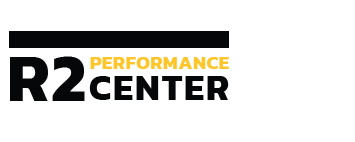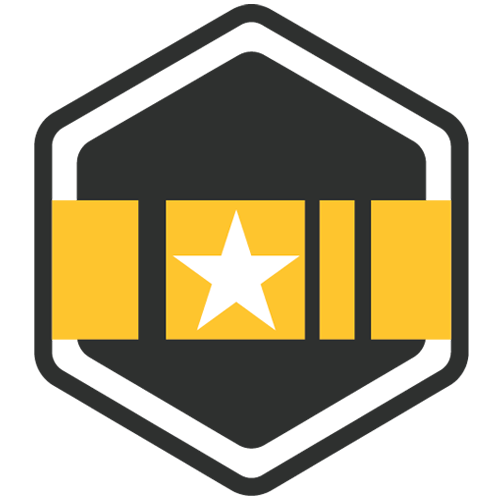

Challenge Stuck Points
When we experience a chaotic or traumatic event, it’s hard to accurately understand what happened and not place blame on ourselves. We tell ourselves stories to help make sense of the situation. Those stories help us reflect on who is accountable, and attempt to understand, grow, and move forward. These stories, or beliefs, can also hold us back and keep us “stuck” in how we understand the event.
What are “Stuck Points”?
Stuck points are beliefs about yourself, others, or the world in general that are exaggerated, often negative, and not 100% accurate. These beliefs – shaped by trauma – might have served a purpose at one time: they helped us deal with painful memories or brought us some sense of closure. However, these beliefs are counterproductive when they cause us to have difficult emotions or reactions.
Stuck points are overly rigid beliefs – there is no flexibility, and the belief cannot adapt to new information.
- Stuck points can be caused by a habit of thinking: Because I have always blamed myself for her accident, then it must be true.”
- Stuck points can be reinforced by current emotions: “I feel frustrated and disappointed thinking about the situation in Afghanistan; this just proves my repeated deployments and sacrifices weren’t effective at all.”
How to clear up Stuck Points
To clear up a stuck point, identify and challenge the belief. Stuck points are often related to self-blame for a chaotic or traumatic event. To challenge the belief is not to deny the event happened, but rather to see the whole picture of what occurred.
- Identify your belief and the emotions that the belief drives. How do you feel when you have this thought? For example:
Belief: The training accident was my fault. I should have known my team was sleep-deprived and unfocused.
Emotions: Guilt, anger
- Challenge the belief. Evaluate if the belief is supported by evidence, rather than based on current emotion or a habit of thinking. Find important information you are missing or overlooking. What factual evidence does the belief disregard or downplay? For example:
Is the belief a habit of thinking or based on facts?
“I have believed this for three years since the accident, so my habit is to blame myself.”
Evidence for the belief:
“I was there, and I was in a leadership position.”
“People don’t usually get enough sleep in the field.”
Evidence against the belief:
“I wasn’t driving the truck.”
“I completed the safety checks.”
“When talking to my team that morning, I didn’t observe any signs of sleep deprivation; it was only our second day in the field.”
Am I only focusing on one aspect of the event?
“Yes – I only think about what I did and didn’t do. I don’t really think about the other people who were there or what else was going on that day.”
Challenging stuck points can help you think more flexibly and accurately to view yourself and the world in a more realistic light. When you resolve misconceptions about events in the past, you can clear your mind and allow for a better way forward.
Resources
Watch VideoDownload Infographic
MORE SKILLS
